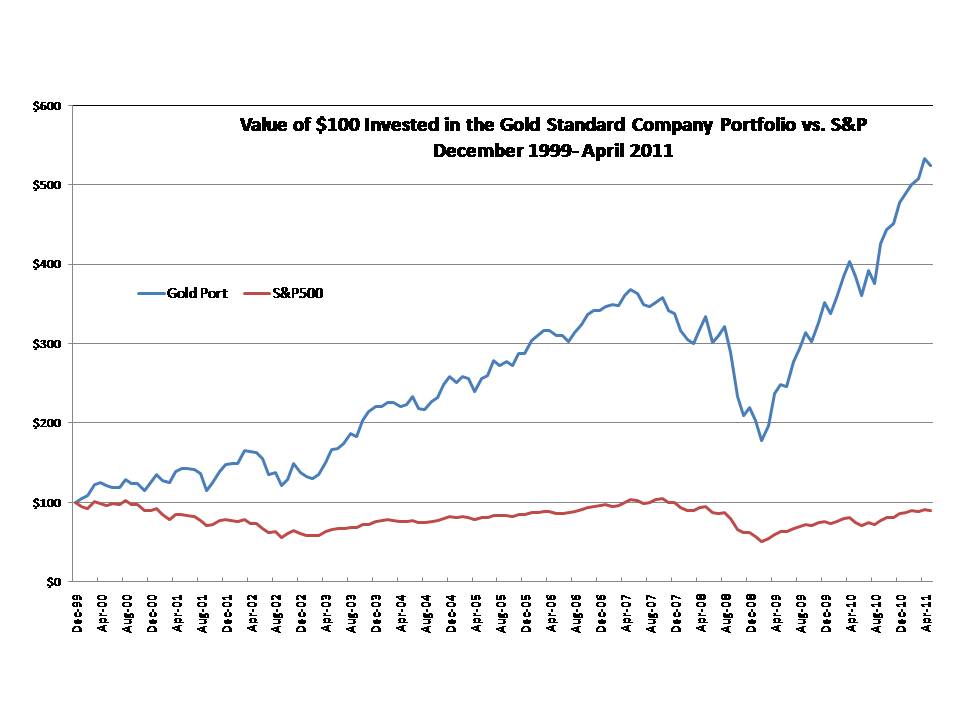As we begin a new year, we are pleased to announce our Thought Leaders Series on Trust Across America radio on the Voice America radio network.
Each month we will introduce a new theme, and the first Wednesday (from noon-1PM EST) will feature a one-hour interview with a leading expert on that month’s subject.
We are honored to be presenting this exceptional group to our listeners.
JANUARY “Values Based Leadership”
January 4
Dov Seidman
For almost two decades, Dov Seidman’s pioneering organization, LRN, has helped some of the world’s most respected companies build “do it right,” winning cultures and inspire principled performance throughout their organizations. Seidman’s distinct vision of the world, business, and human endeavor has helped enable more than 15 million people doing business in more than 120 countries to out behave the competition. Dov Seidman shares his unique approach with you in the now updated and expanded HOW. It includes a new Foreword from President Bill Clinton and a new Preface from Dov Seidman on why how we behave, lead, govern, operate, consume, engender trust in our relationships, and relate to others matters more than ever and in ways it never has before.
FEBRUARY “The Character of Business”
February 1
Michael Josephson
One of the nation’s most sought-after and quoted ethicists. Founder and president of Josephson Institute and its Character Counts! project, Josephson has conducted programs for more than 100,000 leaders in government, business, education, sports, law enforcement, journalism, law, and the military.
MARCH “Researching Trust in Business”
March 7
Dean Krehmeyer
Executive Director Business Roundtable Institute for Corporate Ethics, Krehmeyer’s contribution bridges the corporate and academic worlds, ensuring that leading research about trust gets translated into practice—and that leading practice becomes ingrained into academic research. He is the co-author of “Breaking the Short-Term Cycle: Discussion and Recommendations on How Corporate Leaders, Asset Managers, Investors, and Analysts Can Refocus on Long-Term Value.”
APRIL “Growing Healthy Companies”
April 4
Patrick Lencioni
A New York Times bestselling author, speaker and consultant with over two decades of experience working with CEOs and their executive teams. Lencioni is founder and president of The Table Group, a consulting firm dedicated to building healthy organizations. He is the author of many bestselling books including The Five Dysfunctions of a Team, which continues to be a weekly fixture on national bestseller lists; his books have sold over two and a half million copies. His latest book, released in March, is The Advantage: Why Organizational Health Trumps Everything Else In Business.
MAY To be announced
May 2
JUNE “The Ethics of Business”
June 6
Chris Macdonald
Writer, speaker and consultant on ethics, Macdonald teaches business ethics at Saint Mary’s University in Halifax, Canada, and is a Nonresident Senior Fellow at Duke University’s Kenan Institute for Ethics. He is currently a Visiting Scholar at the Rotman School of Management.
JULY “Radical Management”
July 4 Holiday
July 11
Stephen Denning
Denning consults with organizations in the United States, Europe, Asia, and Australia on topics of leadership, management, innovation and business narrative. Born in Sydney, Australia, Denning studied law and psychology at Sydney University. After doing a post-graduate law degree at Oxford University, he joined the World Bank where he worked for several decades in various management capacities, including Program Director of Knowledge Management from 1996-2000. He is the author of eight books, including The Leader’s Guide to Radical Management:
His most recent book is The Leader’s Guide to Radical Management: Reinventing the Workplace for the 21st Century.
AUGUST “Corporate Reinventors”
August 1
Jason Jennings
The bestselling author of four highly acclaimed leadership and management books—Hit the Ground Running; Think Big, Act Small; Less Is More; and It’s Not the Big That Eat the Small . . . It’s the Fast That Eat the Slow. USA Today named him one of the three most in-demand business speakers, alongside Jim Collins and Tom Peters. His latest book is Reinventors: How Extraordinary Companies Pursue Radical Continuous Change (August 2012.)
SEPTEMBER “The Ethics of Leadership”
September 5
Paul Root Wolpe, PhD
The Asa Griggs Candler Professor of Bioethics, the Raymond F. Schinazi Distinguished Research Chair in Jewish Bioethics, a Professor in the Departments of Medicine, Pediatrics, Psychiatry, and Sociology, and the Director of the Center for Ethics at Emory University. Dr. Wolpe also serves as the first Senior Bioethicist for the National Aeronautics and Space Administration (NASA), where he is responsible for formulating policy on bioethical issues and safeguarding research subjects.
He has won the World Technology Network Award in Ethics, has been featured in a TED talk, and was profiled in the November, 2011 Atlantic Magazine as a “Brave Thinker of 2011.” Dr. Wolpe is a frequent contributor and commentator in both the broadcast and print media, recently featured on 60 Minutes and with a personal profile in the Science Times of the New York Times.
OCTOBER To be announced
October 3
NOVEMBER To be announced
November 7
DECEMBER “Implementing Corporate Trust”
December 5
Stephen M.R. Covey
Cofounder and CEO of CoveyLink Worldwide. Covey is a sought-after and compelling keynote speaker, author, and advisor on trust, leadership, ethics, and high performance, who speaks to audiences around the world. A Harvard MBA, he is the former CEO of Covey Leadership Center, which under his stewardship became the largest leadership development company in the world.
His latest book is Smart Trust: Creating Prosperity, Energy, and Joy in a Low-Trust World.
For more information, please visit our website at www.trustacrossamerica.com
or email barbara@trustacrossamerica.com


Recent Comments